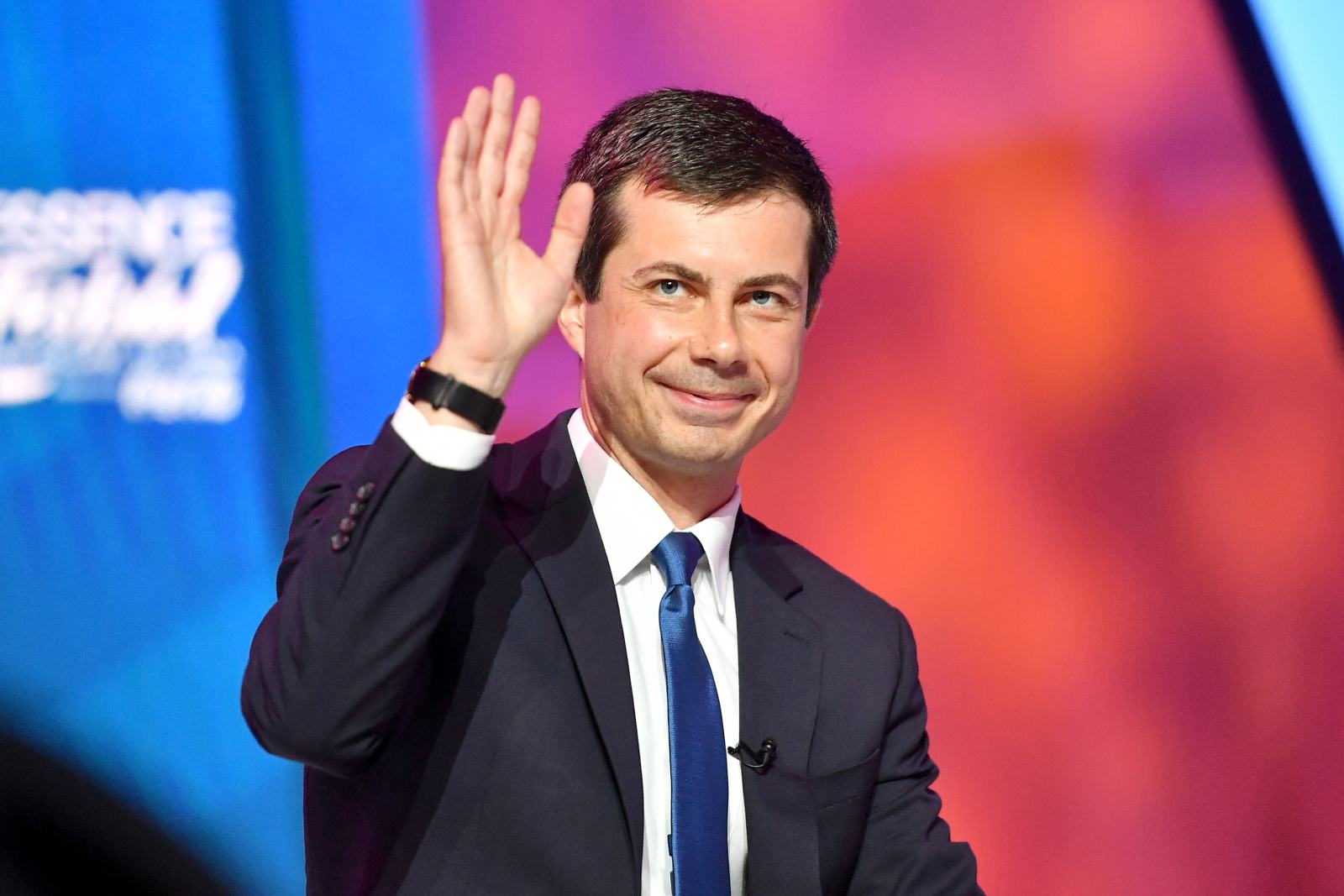The final cut has been released for the November Democratic debate coming up next Wednesday and with Beto O’Rourke dropping out, and former HUD Secretary Julian Castro missing the November debate qualifications, the stage will be capped at ten candidates. Initially, the November event was likely to be a smaller affair, with seven or eight candidates earning a spot, but some late polling surges bumped a few more into the mix.
MSNBC/Washington Post Democratic Debate (5th Debate)
Date: Wednesday, November 20, 2019
Time: 9 pm ET (6 pm PT)
Live Stream: MSNBC.com
Location: Tyler Perry Studios in Atlanta, Georgia
Sponsors: MSNBC, The Washington Post
Moderators: Rachel Maddow, Andrea Mitchell, Kristen Welker, and Ashley Parker
November Debate Candidates
The final candidate list for the November debate includes:
- Former Vice President Joe Biden
- New Jersey Sen. Cory Booker
- South Bend, Indiana, Mayor Pete Buttigieg
- Hawaii Rep. Tulsi Gabbard
- California Sen. Kamala Harris
- Minnesota Sen. Amy Klobuchar
- Vermont Sen. Bernie Sanders
- Businessman Tom Steyer
- Massachusetts Sen. Elizabeth Warren
- Businessman Andrew Yang
Tulsi Gabbard barely made the cut at the last minute and Andrew Yang also jumped in as a late-comer with some good poll numbers.
Buttigieg’s Iowa Caucus Surge
The big news heading into debate week is the talk of Mayor Pete Buttigieg’s (pronounced Boot-edge-edge if you didn’t already know) continued surge following his strong October debate performance. A Monmouth poll out on Tuesday gave Buttigieg the top spot in Iowa with Joe Biden in second place:
A Monmouth University poll published Tuesday shows the South Bend, Ind., mayor is the first choice of 22 percent of likely Democratic caucusgoers — outrunning all other rivals in Iowa for the party’s nomination to challenge President Donald Trump.
Former Vice President Joe Biden ranks in second place with 19 percent support, followed closely by Sen. Elizabeth Warren of Massachusetts with 18 percent and Sen. Bernie Sanders of Vermont with 13 percent.
Although no other candidate cracked double-digit support, 5 percent of likely caucusgoers favored Sen. Amy Klobuchar of Minnesota and California Sen. Kamala Harris, billionaire activist Tom Steyer and tech entrepreneur Andrew Yang each received 3 percent. The remainder of the Democratic pack achieved 2 percent support or less.
Buttigieg has been quietly running a solid campaign. He had his missteps over the Summer when some controversies broke out in his hometown, but that all seems to have died down for now. There is a chance, however, with Buttigieg’s surging poll numbers, that his opponents might attempt to re-open some of those questions at the debate on Wednesday, especially in relation to the police shooting.
He’s been called a “boring” candidate by some, but maybe that’s the best way for Buttigieg to stand out. Nothing too flashy, just steady, well-reasoned answers and strong Iowa campaigning which has eventually started to pay off.
Buttigieg’s recent gains in Iowa represent a 14-point improvement from the prior Monmouth poll conducted in August. There haven’t been any other major Iowa poll numbers dropped in November so it’s hard to tell if these positive results for Mayor Pete will stick or if the race in Iowa simply remains a toss-up with a few candidates taking turns trading the lead.
It’s worth noting that although Buttigieg is leading, it’s only by three percent, within the poll’s margin of error. The best way to look at Iowa is a wide-open race with a three-way or sometimes four-way tie between Buttigieg, Biden, Warren, and Sanders. Any of the four have a valid case to make that they have a good shot at victory in February.
November Debate Format
NBC News has released some details about how the debate will be formatted. The event, held over two hours, will be broken up into four segments with only three commercial breaks during the broadcast.
NBC has decided to ax opening statements to allow more time for actual questions. There will, however, be time allotted for each candidate to make a “closing argument,” as NBC calls it.
During the debate, candidates will have 75 seconds to answers questions posed to them and 45 seconds for follow-ups at the moderators’ discretion. Candidates will also be able to respond if they’re referred to or attacked by another candidate, but that will also be at the moderators’ discretion.
Follow the Democratic debate schedule page for the latest information.
Donate Now to Support Election Central
- Help defend independent journalism
- Directly support this website and our efforts
